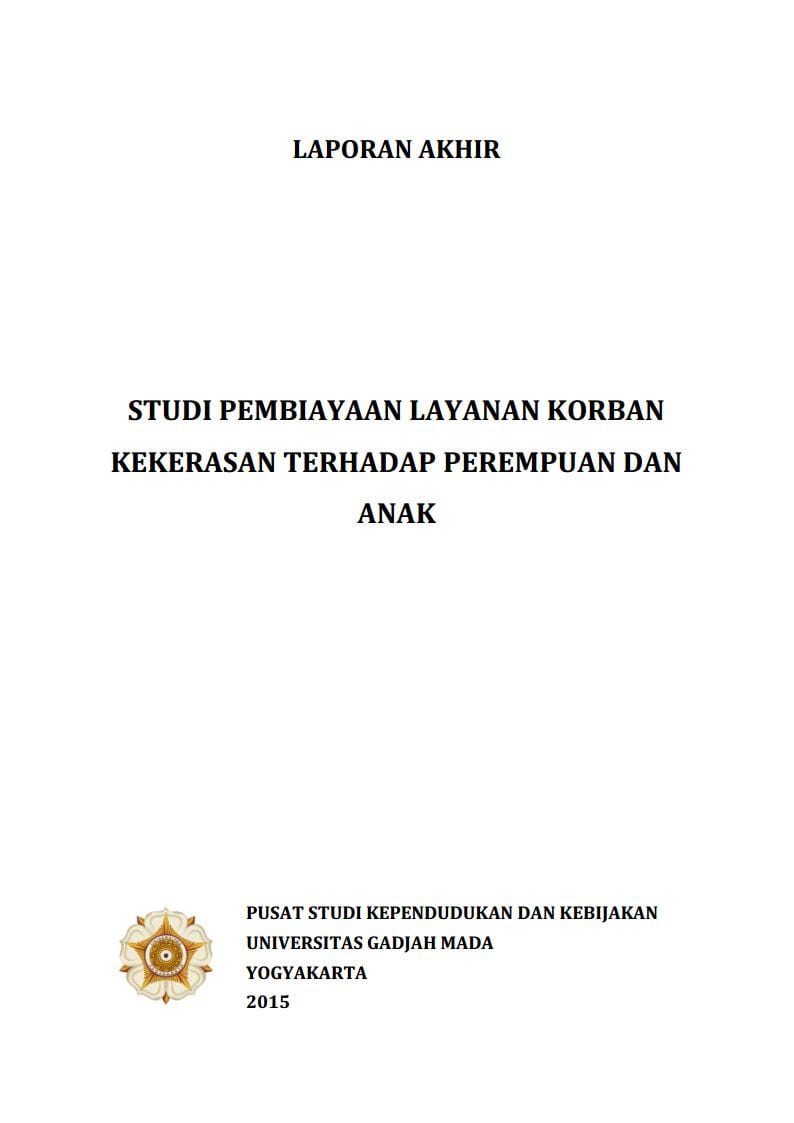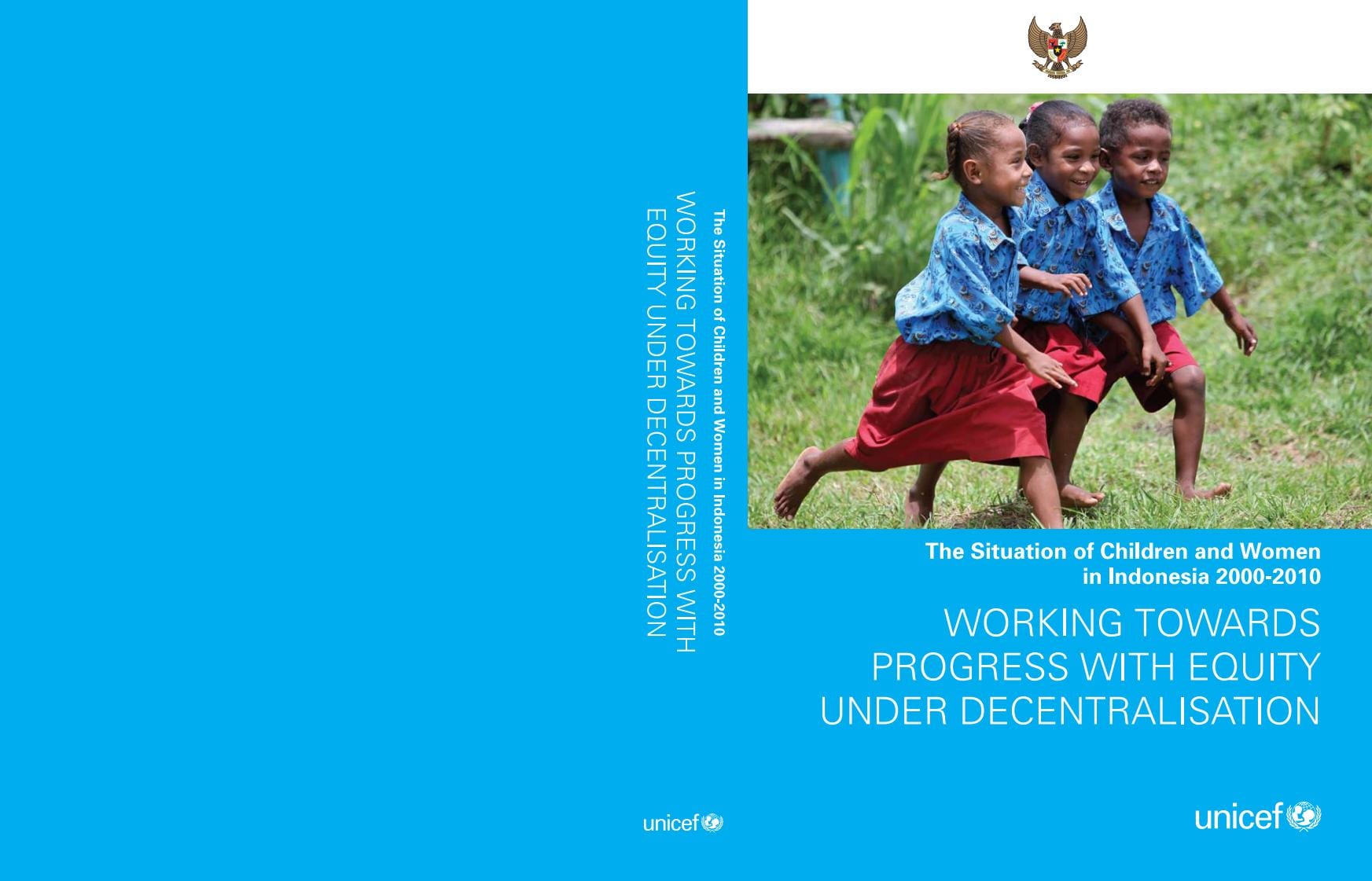Menopause Dan Seksualitas
|
The observations on sexual behavior towards menopause women, especially in each ethnic, is getting more important concerning the population projection that describes that the number of population coming to their menopause period will keep on growing. Based on this consideration, the research aims to know how the sexual behavior of Bugis-Makassar women are, the values of sexual behavior that exist, how they perceived toward them, and to know the social psychological conditions of their existing marriage.
This research combines the exploratory of seven case studies and surveys towards 45 respondents. It was done in three separate locations in South Sulawesi, namely, Ujung Pandang Municipality, Jeneponto Regency, and Bone Regency. Respondents and informants in this research are women who come to their climacteric period (period menopause, menopause and post menopause). The research variables are the respondents/informants characteristic, physical and psychical conditions of menopause, sexual behavior, and social psychological conditions that follow. Whereas the analysis unit is the household, concerning the interviewees are husband and wife, the analysis is done qualitatively with supporting distributional frequency on 45 observed respondents.
From this research, it is found that on Bugis-Makassar women, the tendency to experience mid-life crises is very little, because there are cultural values that honor menopausal women and views which support decreased sexual desires as virtuous. There are two patterns of menopause acceptance that is, women who accept the menopause as a hope and women who accept menopause with anxieties. The difference of acceptance is affected by certain factors. First is a non-cultural factor that personal feelings about facing old age are determinant, as well as the atmosphere of her family life at home. A husband who does not appreciate the oldness value, or value the life commitment of a love affair, can also create the same anxieties. On the other hand, for the women that do not consider their physical selves to be their priority, the menopause condition is more easily accepted. Moreover, for women in the countryside, menopause is a beneficial condition because it can make their everyday activities easier.
Second is cultural factor. Here, the socialization around menopause from her environments influences a woman’s way of defining her situations and gives meaning to her experience. As Bugis-Makassar women, socialization through cultural and religious values encourages them to look forward to the coming of the menopause period because of the benefits obtained for taking prayer.
Menopause is often used as the “oldness limits” of women. Therefore, women who have little information on body health, especially for those who have lower educational levels, look for the answer as to the cause of her diseases. The husbands also connect certain psychical changes in their wives to menopause. There is a tendency for the husbands to stereotype the emotional character of his menopaused wife. The women in research also often connect the decrease of their sexual desires with menopause.
Social psychological conditions that follow women in their menopause period are closely related to their marriage life. It is found that with menopause, there are communication and interaction changes toward husbands, and attitude changes in facing the problem of marriage. However, those social psychological conditions seem not to be influenced more by their ethnic variables.




